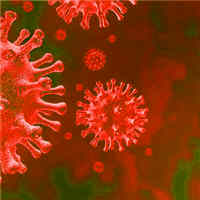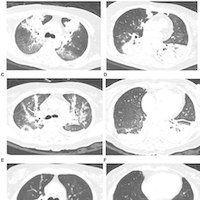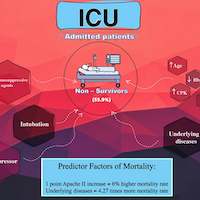Non-invasive Respiratory Support and P-SILI in COVID-19
bjanaesthesia.org
Coronavirus disease 2019 (COVID-19) pneumonia is associated with hypoxemic respiratory failure, ranging from mild to severe. Due to the worldwide shortage of intensive care unit beds, a relatively high number of patients with respiratory failure are receiving prolonged non-invasive respiratory support, even when their clinical status would have required invasive mechanical ventilation.
There are few experimental and clinical data reporting that vigorous breathing effort during spontaneous ventilation can worsen lung injury and cause a phenomenon that has been termed patient self-inflicted lung injury (P-SILI).
The aim of this narrative review is to provide an overview of P-SILI pathophysiology and the role of non-invasive respiratory support in COVID-19 pneumonia.
The concept of patient self-inflicted lung injury (P-SILI) has been widely investigated in recent years, even though controversies persist regarding its mechanisms.
To minimize the risk of P-SILI, intensivists should better understand the pathophysiology of this condition to optimize the modality of non-invasive respiratory support provided to COVID-19 patients, as well as determine the optimal timing of intubation for those in whom non-invasive support fails.















